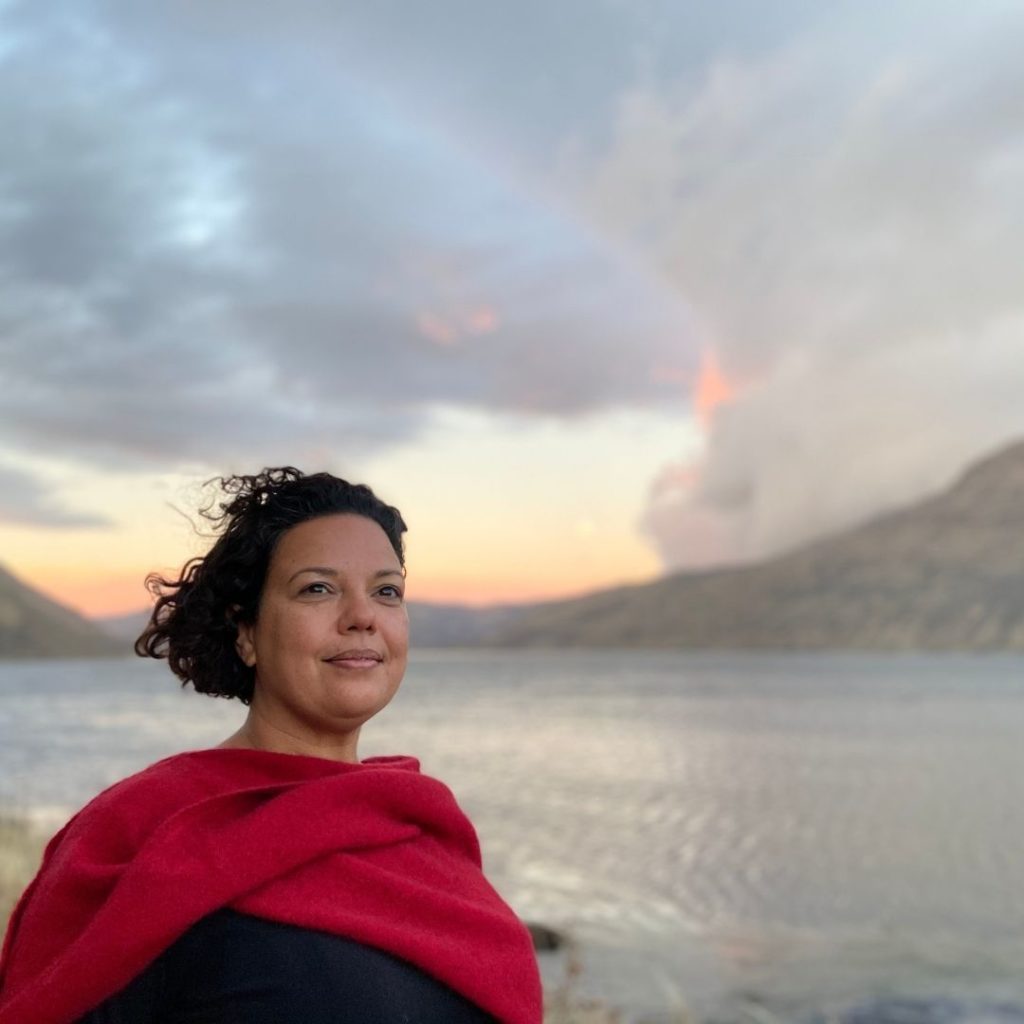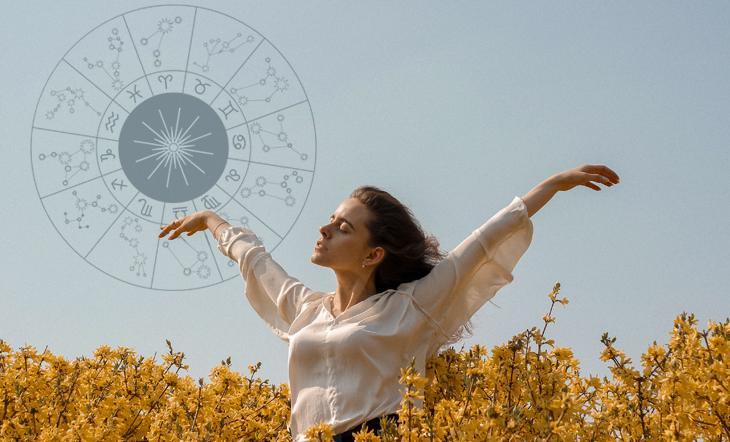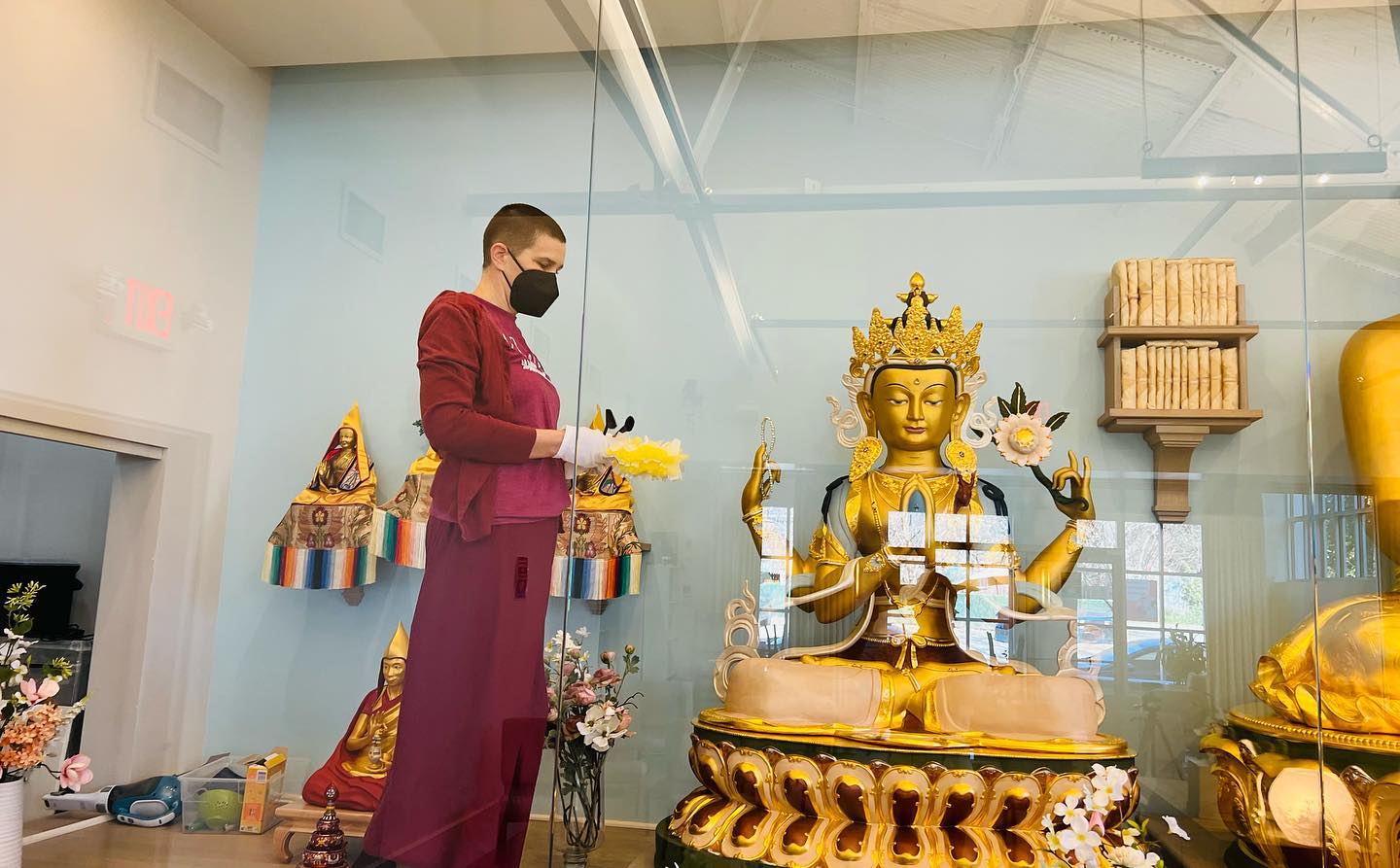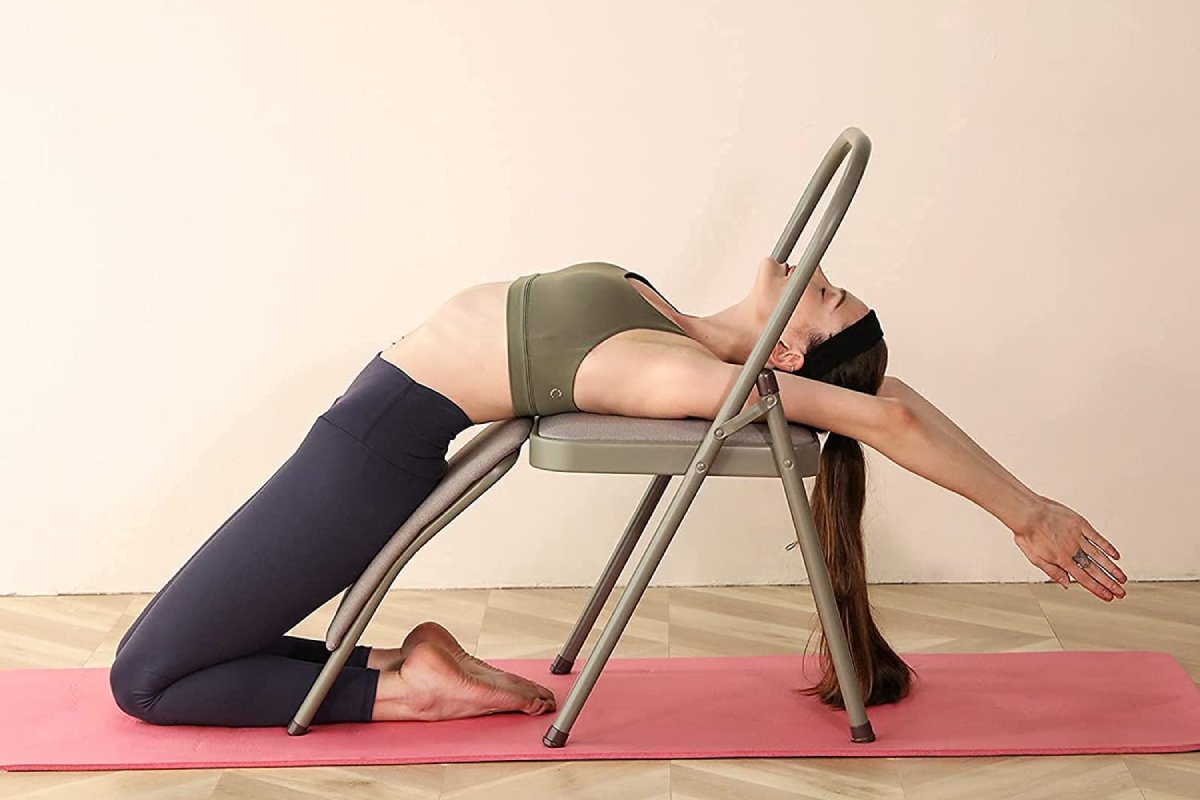Is Wordle a Yogic practice?
Minds bright spark. Brief Bliss. Faith. Have you been bitten by the wordle bug yet? I sure have. How does this simple five letter puzzle have anything to do with yoga? As a student of Tantra Yoga I choose...

Minds bright spark. Brief Bliss. Faith.
 Woman in bed on her phone
Woman in bed on her phoneHave you been bitten by the wordle bug yet? I sure have. How does this simple five letter puzzle have anything to do with yoga?
As a student of Tantra Yoga I choose to look for the experience of yoga in my daily life. Every moment, every interaction is an opportunity to practice the teachings, to apply them to the world.
Wordle is no different in this regard. It’s now part of my daily practice and I love it. It’s deceptively simple yet challenging, it requires focus and faith, just like my favourite yoga classes.
Here are 5 ways I’ve found that starting my day with Wordle contains the teachings and practice of yoga.
DHARANA – Beginning the day with concentration and focusing the mind is one of the 8 limbs of yoga. Wordle feels like a pencil sharpener refining and sharpening the mind to a single point. There is a crisp clarity I feel in the quiet process of the puzzle. In a world of endless scrolling anchoring to a fixed point is like finding water in the desert. I become more aware of distractions of the mind, ever gotten stuck on a 6 letter word loop?TAPAS, a daily practice, commitment to the winning streak. One of my old stories is that I am undisciplined, I find it hard to stick to things. Wordle is helping me change that narrative. I am rewiring my samskaras by creating a new pattern, through consistency of practice. On the rare days I miss the morning Wordle, I make sure I complete it before I go to sleep. APARIGRAHA, non attachment and non grasping, thank you Wordle for teaching me this! The more fixated I get on line 3 the worse things go. Can I loosen my grip on the answer? Can I be ok if I don’t complete the puzzle? I’m still very much working on this, but I love the opportunities to notice my thoughts and reactions. Strengthen VJNANAMAYAKOSHA, cultivating intuition and flashes of insight. My favourite Wordle days are the ones where I step aside from control and allow words to flow through me. I let go and practice dropping into a state of being, creating space for revelation. I find on days I Wordle in this way I experience a greater sense of flow. One of my strategies for this is to change my starter word each day. At the end of each puzzle is SANTOSHA, contentment with what is. Sure I have a little surge of dopamine when I get it right on 2 guesses, but more often than not I feel joy at the end of my ritual regardless of the outcome. I feel grateful for the quiet time to simply puzzle. I recognise it’s a first world privilege to be warm in bed in the quiet of morning sitting with nothing else to worry about other than 5 letter words.Beyond all of this, and maybe my favourite thing is a sense of connection.
In a world that feels divided and difficult, an oasis of irreverence and joy feels like such a gift.
Wordle is a sweet and easy ice breaker, it gives me something in common with people of all walks of life. I check in with my 12 year old nephew, my best friends who are mummas, my corporate friends, my husband, and now when I next go to a party I don’t need to start with the dreaded “so what do you do for work?” or “do you have kids?” I can go straight to, “do you Wordle?”.
 Veronica King is the editor of The Yoga Lunchbox. A longtime yoga teacher, ex-studio owner, and founder of The Yoga Nidra Project, an online recorded library.
Veronica King is the editor of The Yoga Lunchbox. A longtime yoga teacher, ex-studio owner, and founder of The Yoga Nidra Project, an online recorded library. Similar Articles You May Enjoy
The world doesn't need another yoga practice progamme
The world does not need more information on what postures to do, how and when. There are many excellent videos, audio recordings, books, websites and classes out there that can show you what to do in a practice. It needs a process that helps us understand and master our minds…
Living Your Gifts: Six Steps to Awakening a Yogic Heart
by Leza Lowitz, Sun and Moon Yoga The Japanese have a word, ikigai (生き甲斐) which means “reason for being.” In Japan, finding one’s reason for being requires a deep, long search for self. This search itself is considered central, as the discovery of one’s ikigai is what brings satisfaction and…

 KickT
KickT 

































